
Convenience can be costly—especially when it comes wrapped in plastic. These everyday products contribute heavily to pollution, landfill overflow, and environmental degradation. Cutting them out isn’t just about being eco-friendly—it’s about making smarter, more intentional choices that add up over time.
Plastic Shopping Bags

They’re used for minutes but remain for centuries. Lightweight and easily airborne, plastic bags often end up tangled in trees or drifting into oceans. Countries worldwide are replacing them with reusable cloth or jute options that are stronger, longer-lasting, and far less destructive to ecosystems.
Pre-Packaged Produce

Sliced apples in plastic trays, shrink-wrapped cucumbers—none of it keeps food significantly fresher. These items generate unnecessary packaging waste while offering minimal convenience. Buying whole produce reduces plastic consumption and helps avoid the bacteria that sometimes accumulates in pre-cut options.
Disposable Coffee Cups

These cups aren’t paper alone—the plastic lining makes them difficult to recycle. Most facilities won’t process them, leading to billions in landfills each year. Switching to a reusable mug is an easy, effective habit that cuts down on waste without compromising your caffeine ritual.
Styrofoam Containers
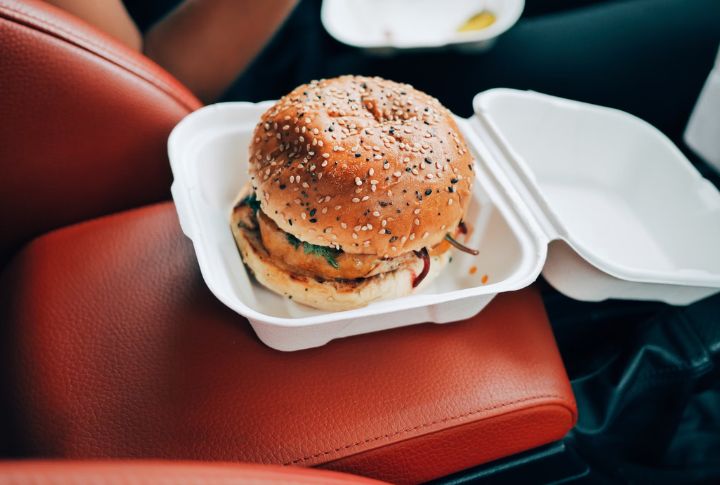
Foam takeout boxes don’t just clutter parks and streets—they release microplastics and toxic chemicals over time. Their production involves fossil fuels, and their disposal is nearly impossible. Compostable containers made from bagasse or cornstarch are safer and increasingly available in restaurants and stores.
Disposable Razors

They seem affordable but add up in waste and cost. Most combine metal and plastic, making them unrecyclable. Safety razors or refillable handles with recyclable cartridges offer cleaner shaves and significantly less environmental burden over time.
Plastic Straws
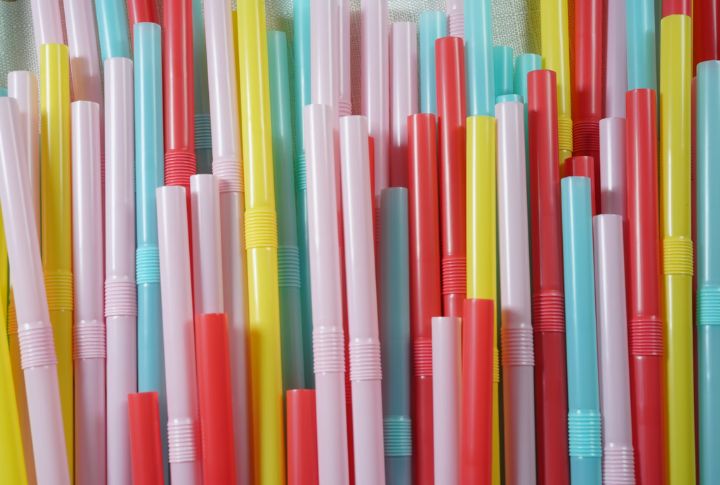
These small items have outsized effects on marine animals. Found frequently in coastal cleanup efforts, they often end up lodged in sea creatures’ noses or stomachs. Reusable alternatives—like glass, silicone, or stainless steel—serve the same purpose without lingering in the environment.
Paper Towels
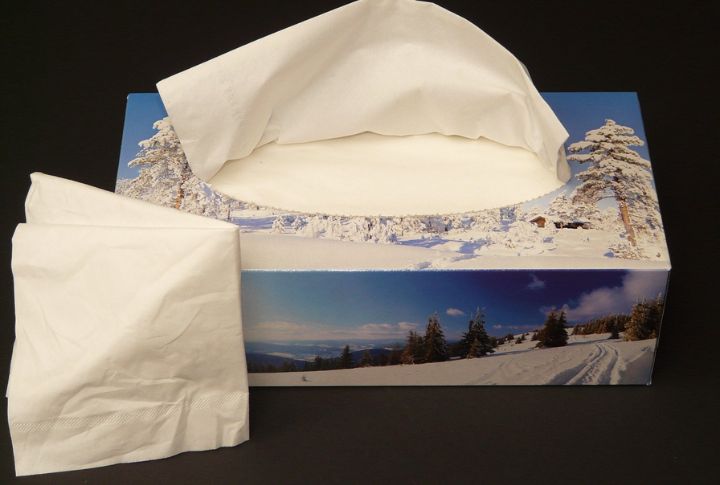
Single-use by design, paper towels devour resources from forest to landfill. They can’t be recycled once soiled and are often overused in cleaning. Microfiber cloths or rags made from old T-shirts do the job just as well—and last far longer.
Plastic Toothbrushes
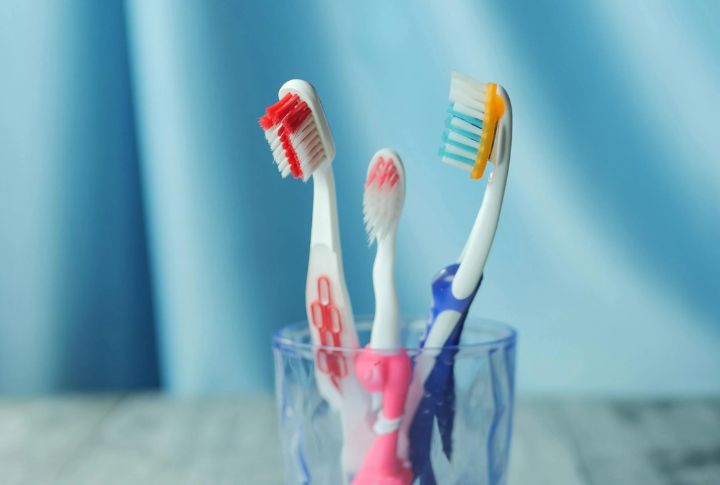
With billions tossed each year, traditional toothbrushes quietly contribute to massive plastic buildup. Alternatives with bamboo handles or detachable, recyclable heads are gaining traction for their lower impact and surprising durability.
Disposable Batteries
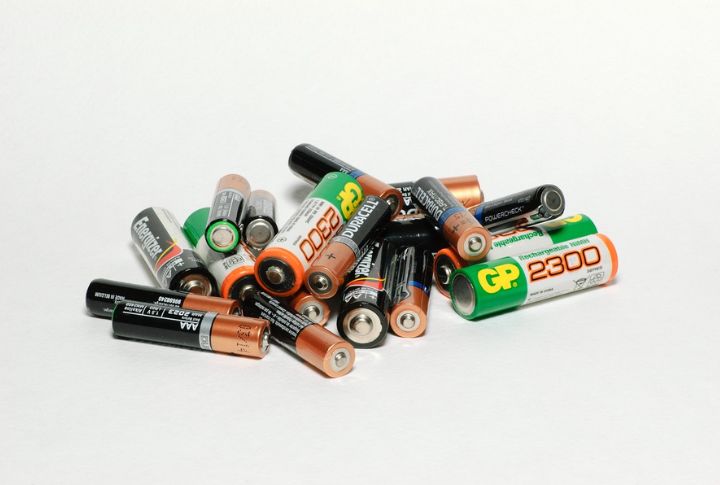
Once drained, they’re often thrown into regular trash bins—leaching metals like mercury and cadmium into the soil. Rechargeable batteries offer a longer lifespan and reduce hazardous waste, especially when paired with solar-powered or USB charging systems.
Plastic Plates
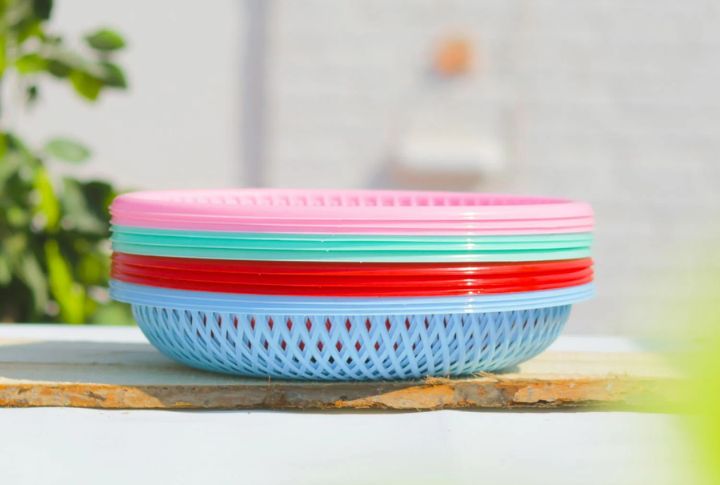
Used at parties and picnics, these often end up scorched in bonfires or dumped into landfills. Compostable dinnerware made from palm leaves, wheat straw, or even edible materials provides a functional, biodegradable alternative with none of the environmental hangover.
Coffee Pods

Many pods mix plastic and aluminum, which complicates recycling. Despite promises of convenience, their environmental cost is steep. French presses, pour-overs, or refillable pods bring flavor without the footprint—and allow more control over the brewing process.
Conventional Cleaning Products

Many commercial cleaners release volatile organic compounds that linger in the air and waterways. Plant-based formulas or homemade mixtures using vinegar and baking soda clean effectively without the added chemical load or plastic-heavy packaging.
Incandescent Light Bulbs

They convert most of their energy into heat, not light, making them incredibly inefficient. LEDs offer immediate benefits: lower electricity bills, less frequent replacements, and dramatically reduced energy use. Swapping bulbs is one of the quickest environmental upgrades a household can make.
Makeup Wipes
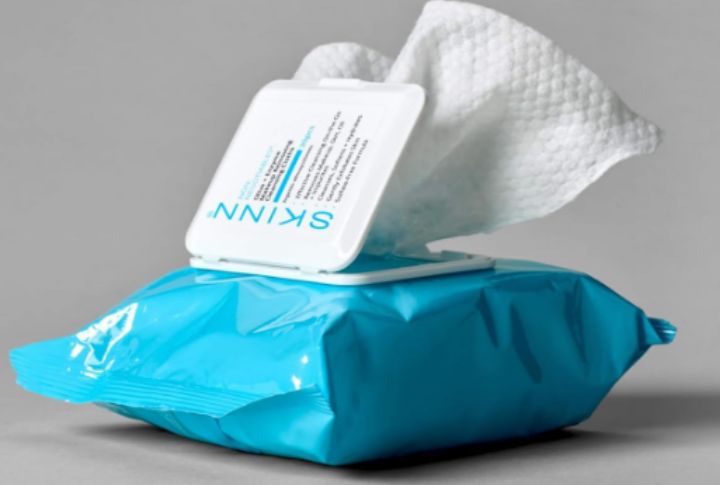
These seemingly harmless squares are loaded with synthetic fibers that resist decomposition. They often clog plumbing and end up in oceans. Reusable cotton pads or oil-based cleansing methods offer gentler, longer-lasting alternatives without the daily waste.
Plastic Cutlery

Often included by default in takeout orders, plastic utensils are rarely reused and typically tossed after a single meal. Carrying a compact reusable set made from bamboo or metal helps eliminate this unnecessary stream of pollution.
Plastic Water Bottles
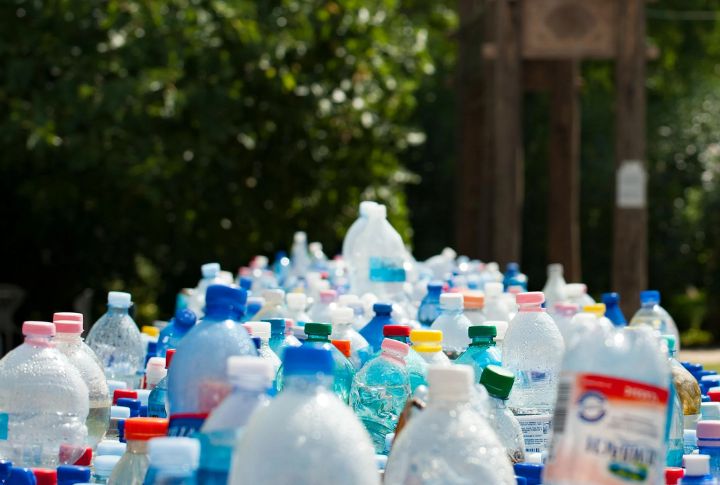
Their production guzzles oil and water, and most still don’t get recycled. High-quality stainless steel or glass bottles maintain temperature better, cut daily costs, and reduce exposure to chemicals often found in single-use plastics.
Disposable Diapers

Parents go through thousands per child, contributing significantly to landfill volume. Modern cloth diaper systems are far more manageable than they used to be, with breathable materials and snap closures that make them user-friendly and far more sustainable.
Air Fresheners
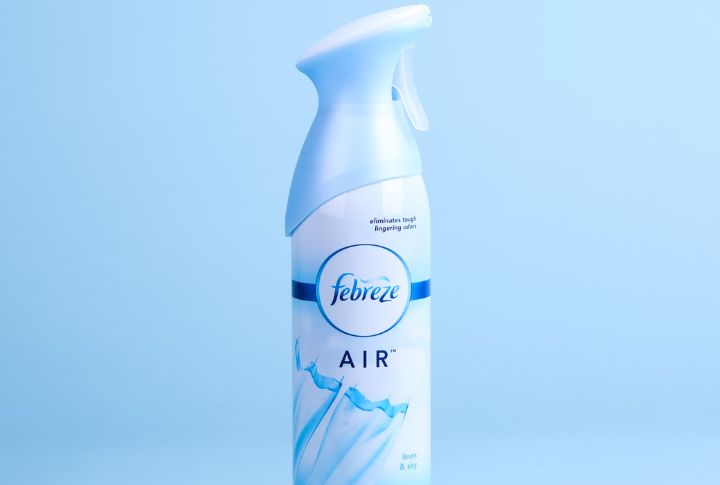
Plug-ins and sprays often release phthalates, formaldehyde, and other irritants linked to respiratory issues. Simpler solutions—like simmer pots, beeswax candles, or baking soda sachets—offer natural freshness without coating your living space in synthetic chemicals.
Fast Fashion

Impulse buys from fast fashion brands often unravel after a few wears. These garments contribute to textile waste and exploitative labor practices. Choosing timeless, durable clothing—even secondhand—reduces pressure on resources and supports a slower, more ethical approach to style.
Disposable Face Masks
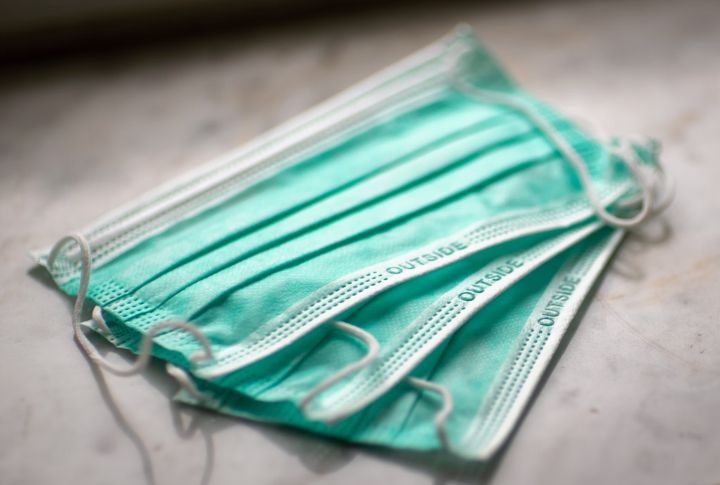
Most contain polypropylene and don’t biodegrade, littering cities and coastlines alike. Reusable cloth masks, when properly sanitized, remain effective for everyday use and dramatically cut down on plastic waste from single-use personal protective gear.

Comments
Loading…